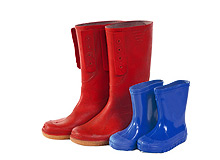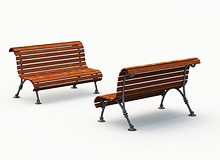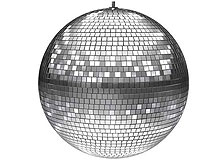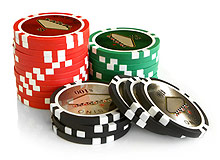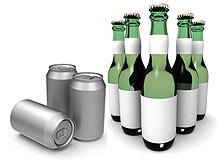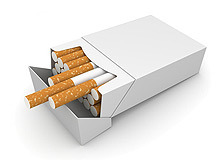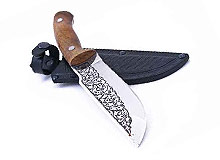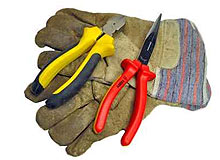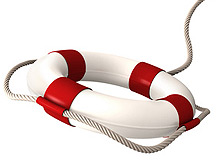The definition of the child in the Lithuanian law corresponds to the one established in the United Nations Convention on the Rights of the Child; i.e. a child is considered to be each person under 18 years of age. If the person’s age is unknown and there is reason to believe that he/she is a minor, such person shall be considered a child until the contrary is established.
A young person is defined as a person between the ages of 14 and 29 (including), according to the Law on Youth Policy Framework of the Republic of Lithuania.
